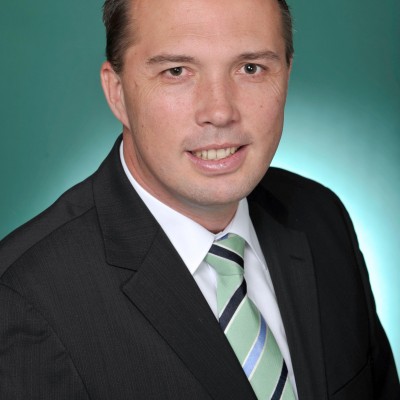“Crimes of Silence” in Australia against Refugees and Asylum Seekers
The Turnbull Government, Nauru and Frustrating Due Process

Institutionalised brutality is a rather easy thing to replicate. It begins with a selected language, and ends up justifying monstrous conduct. It pardons behaviour, and it condemns victims. The global debate on refugees is characterised by its distinct lack of humanity, and Australia, leading the charge, knows no limits on how far that lack of humanity can go.
The response to the claims that a Somali woman was raped, and then brought back to Australia for an abortion from Nauru, only to then have her returned back to the offshore prison camp, is yet another inglorious tale. Canberra’s response was one of genuine disbelief that a traumatised individual might have required counselling about the procedure.
The immigration minister Peter Dutton decided to go one step further about this perceived wobbliness on her part – a “racket” exploited by asylum seekers had grown up to subvert Australia’s mandatory offshore system. (Repulsively, Australian detention centres, privatised and immunised from legal scrutiny, may designate asylum seekers refugees but not send them back to the Australian mainland.)
Accordingly, Dutton’s statement takes aim at refugee advocates and refugees generally. Regarding the circumstances of her rendition, Dutton was convinced that, “Comments from some advocates to the contrary are a fabrication, while some others appear to be using this woman’s circumstance for their own political agenda. They should be ashamed of their lies.”
Dutton certainly baulks against any notion of humanitarianism, a significant handicap given his ministerial portfolio. At 9:00am on Friday, he authorised immigration officials to take Abyan from her room at Sydney’s Villawood detention centre. The intention was to effectively render her back to Nauru. Before her legal team could get an injunction preventing her effective expulsion from the mainland, government lawyers informed the Federal Court that the application was futile – she was already in Honiara on her way to Nauru.[1] When it comes to expelling and rendering refugees, Canberra’s snail-paced bureaucrats suddenly get busy.
The Refugee Action Coalition’s Ian Rintoul explained to ABC’s AM program that, “What we now know is that she was at some point put on a jet to Honiara to get her out of the country, to avoid court action that might have prevented her being removed from Australia.”
The Australian Prime Minister, Malcolm Turnbull, preferred a different tact to explaining why the government effectively sabotaged due process by speedily whisking Abyan away and out of the court’s jurisdiction. “The information I have is that [the] woman in question changed her mind about seeking a termination and that’s all I know.”
Abyan’s lawyer George Newhouse also disclosed to the ABC that his client wished to see a counsellor before going through with the abortion. “We asked for counselling, support and for her to understand the procedure she was about to undertake.” According to Newhouse, it was precisely in asking for such assistance that the government retaliated. “We are gobsmacked.”
There is certainly more to come. Authorities in Nauru, ever willing to show a colonial like submissiveness to the Australian metropole, have been happy to target alleged victims of rape by releasing police file details and names. A Somali woman known as Najma was one such individual. Nauru’s justice minister, David Adeang, shows little interest in the rampant sexual abuse taking place in what effectively are prison conditions for refugees and asylum seekers. He prefers to see detainees as habitual liars and detainee guards as victimised saints.
Adeang, and Dutton, may have minds cut from the same cloth, but ample evidence has been adduced to the Senate select committee investigating the Australian-funded facility of atrocious conditions. Effectively sending detainees back to such conditions brings the Refugee Convention into play, with such rendition violating the rule against non-refoulement.
Last month, the committee inspired by the gruesome findings of the Moss Review, which revealed the alleged sexual exploitation of detainees, including children, by the staff at the processing centre, found it was “not adequate, appropriate or safe for the asylum seekers detained there.” The committee further observed that, “There appears to be no other pathway for those affected by what they have seen and experienced in the Regional Processing Centre (RPC) on Nauru to disclose allegations of mistreatment, abuse or to make complaints.”[2]
Dutton’s desensitised response? It was an obvious witch hunt that unnecessarily rubbished a strong response against scoundrels seeking to come to Australia by unconventional routes.
With the rendering of a pregnant Somali woman back to Nauru, away from judicial scrutiny and review, on a Royal Australian Airforce Aircraft, the deeply militarised approach to refugees have been confirmed. It is a world of secrets guarded by threats of punishment; it is a world policed by former service personnel. And it is one treated as non-Australian, an issue for the Nauru authorities.
Dr. Binoy Kampmark was a Commonwealth Scholar at Selwyn College, Cambridge. He lectures at RMIT University, Melbourne. Email:[email protected]
Notes

